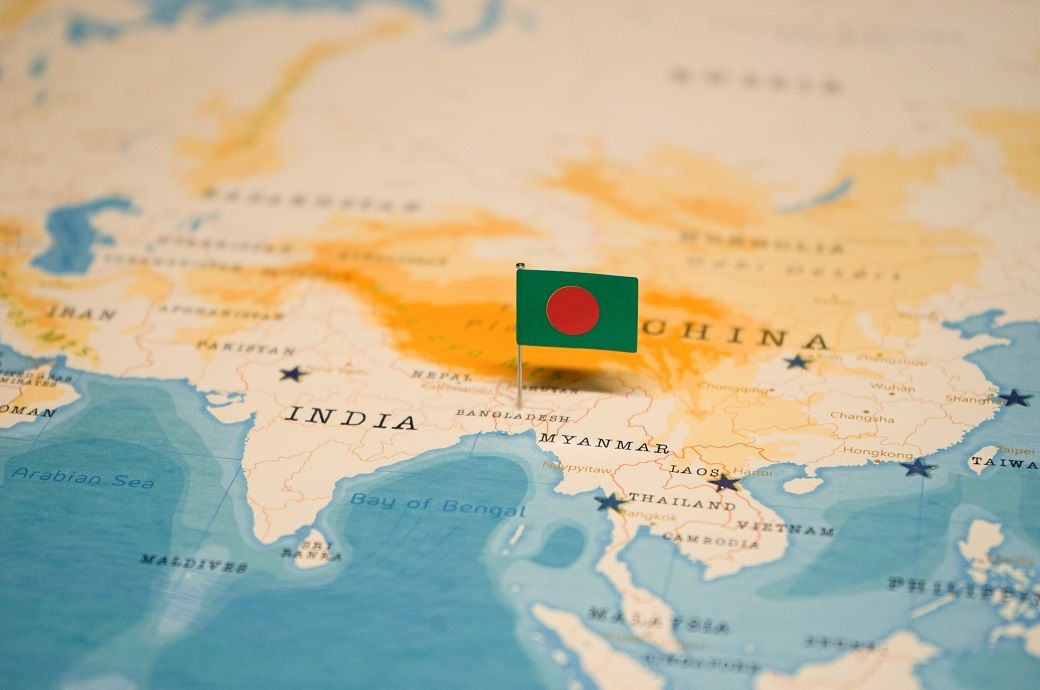
Export earnings consistently crossed the $4 billion mark, hitting $4.77 billion in July. However, private sector credit growth fell to 6.49 per cent in June—the lowest on record and far short of the central bank’s target, according to the latest monthly economic update by the general economics division under the planning ministry.
Businesses are reluctant to borrow amid high interest rates, political and economic uncertainty, and cautious bank lending, it noted.
Inflation declined to 8.29 per cent in August, the lowest since July 2022, after months of volatility. Non-food inflation dropped below 9 per cent for the first time in 20 months, helping offset a marginal rise in food prices.
Delays in real-time monitoring and policy response prevented earlier stabilisation, according to the document.
The exchange rate remained stable at Tk 121-122 per USD, while foreign exchange reserves climbed from $24.86 billion in September 2024 to $31.17 billion in August 2025. This, according to the department, offered a solid cushion against trade shocks and debt obligations.
By contrast, public sector credit rose sharply by 13.09 per cent, driven by the government’s heavy reliance on bank borrowing to finance its fiscal deficit.
This trend, the department cautioned, is effectively 'crowding out' the private sector and undermining future investment and job creation.
Revenue collection in August stood at Tk 27,162 crore, falling Tk 3,727 crore short of the target. While collections grew by 17.6 per cent year on year, the shortfall was mainly due to weaker import and income tax receipts.
Only value-added tax at the local level showed improvement. The document flagged persistent revenue gaps as a key challenge in meeting the ambitious annual target of Tk 4,99,000 crore, according to domestic media outlets.
Development spending remains another weak spot, the document added.
ALCHEMPro News Desk (DS)
Receive daily prices and market insights straight to your inbox. Subscribe to AlchemPro Weekly!